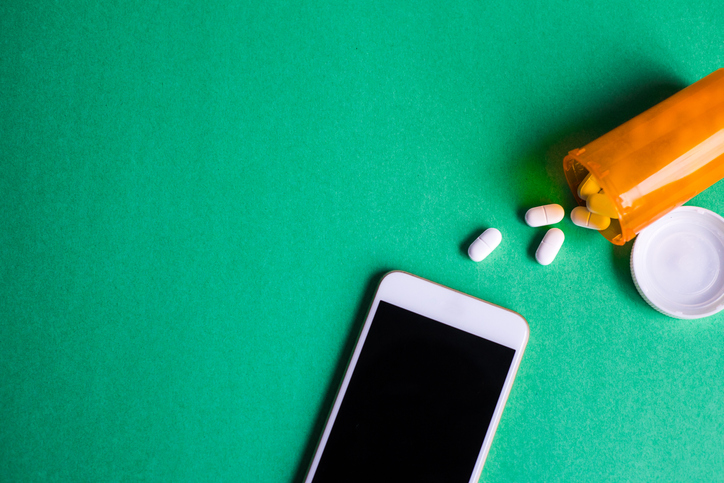
Otsuka Pharmaceutical is launching a virtual study to see if digital therapeutics can reduce depression symptoms.
It’s the next step in a partnership between the Tokyo-based drugmaker and Click Therapeutics, a digital health startup that is developing programs for smoking cessation, depression and insomnia.
They plan to enroll up to 540 patients in a randomized, controlled trial that will test the digital therapeutic’s efficacy in patients that are taking antidepressants. The remote trial will be conducted using Verily’s Project Baseline platform.
After 10 weeks, participants will be evaluated using the Montgomery–Asberg Depression Rating Scale (MADRS), a standard questionnaire used to measure symptoms of depression.
The idea is that the app itself could have a therapeutic effect, though the companies only shared general information about how it works. Called CT-152, it involves cognitive exercises to treat depression.
The two companies began collaborating in 2019, when they struck an $305 million agreement for Otsuka to develop and commercialize Click’s app to treat major depressive disorder.
“We were looking for opportunities that were based in science and had data that was convincing that it will work. That’s how we came into contact with Click and decided to embark on the development of this digital therapeutic,” Otsuka Chief Medical Officer Christoph Koenen said in a phone interview. “In addition, with major depressive disorder, it’s an area that has high unmet need because as effective as pharmacotherapy is, there’s still a lot of room to increase the wellbeing of patients. That’s why MDD was an area of high interest to us.”
This isn’t Otsuka’s first foray into digital therapeutics. The company also partnered with startup Proteus Therapeutics to develop a “digital pill” with a tiny, embedded sensor that could track whether patients took their medication. In this case, it was cleared to be used with antipsychotic medication apripiprazole, called “Abilify MyCite,” which sold for a whopping $1,650.
After Proteus filed for bankruptcy last summer, Otsuka bought its business for just $15 million. It’s not clear yet what the company’s future plans are for the technology.
“Specifically, in mental health, we do think that digital therapeutics will provide additional benefits for patients and that’s the reason why we are not only interested in one intervention but also obviously are committed to broaden this with other approaches that are meant to improve the life of patients,” Koenen said. “We do believe that the treatment landscape in mental disease is going to evolve in a way where obviously pharmacotherapy will always play a role, but we do think digital therapeutics can play an additional role, and to some extent, substitute as well as augment pharmacological intervention.”
Photo credit: Getty Images, photo_chaz